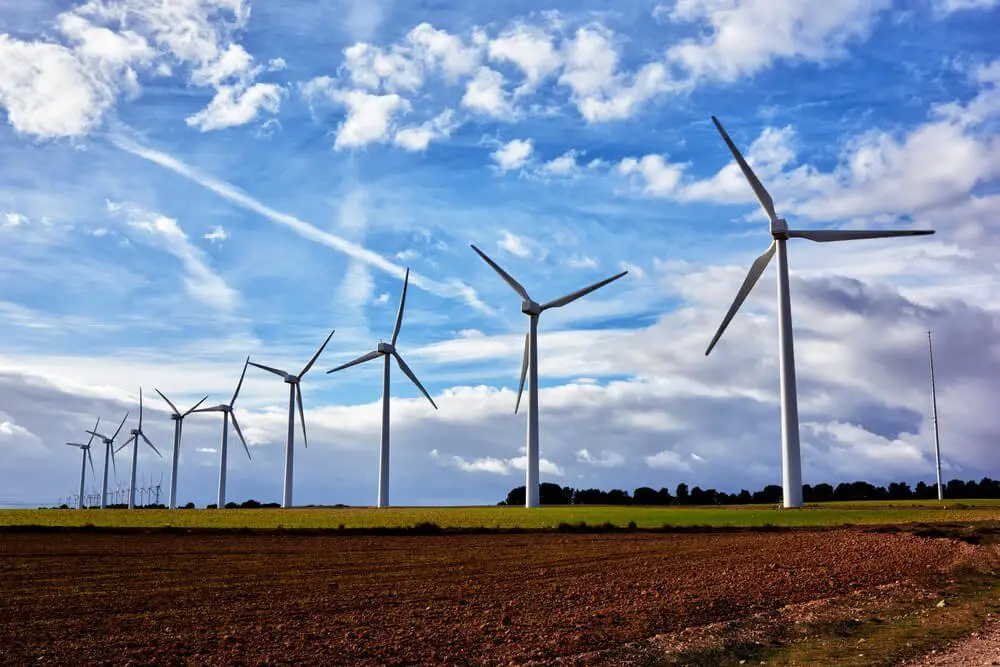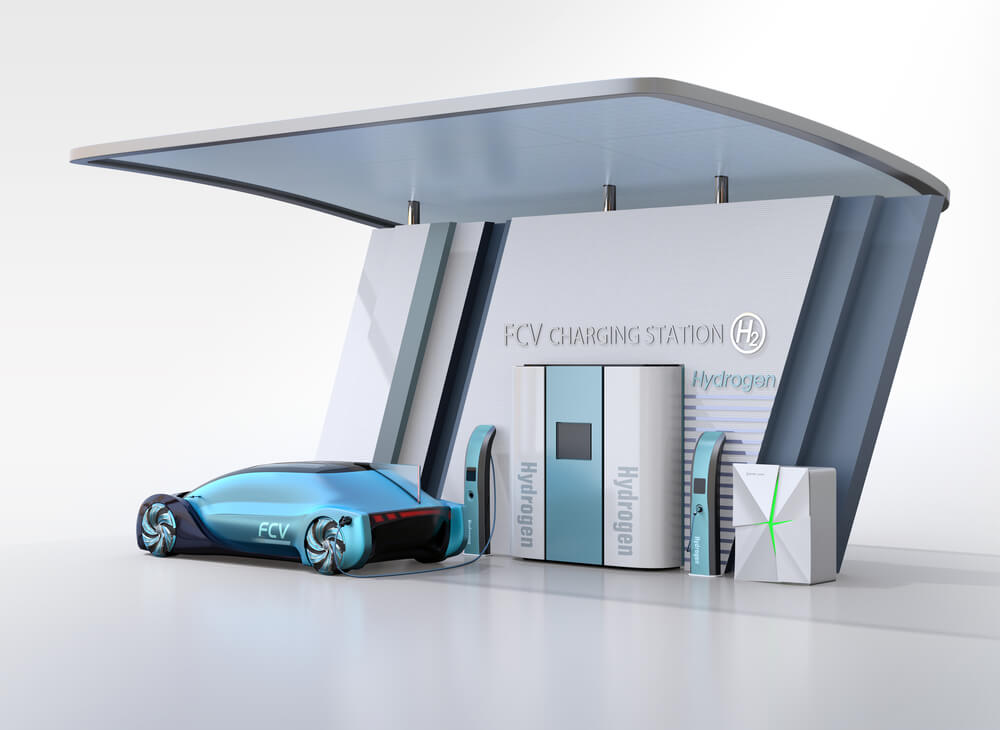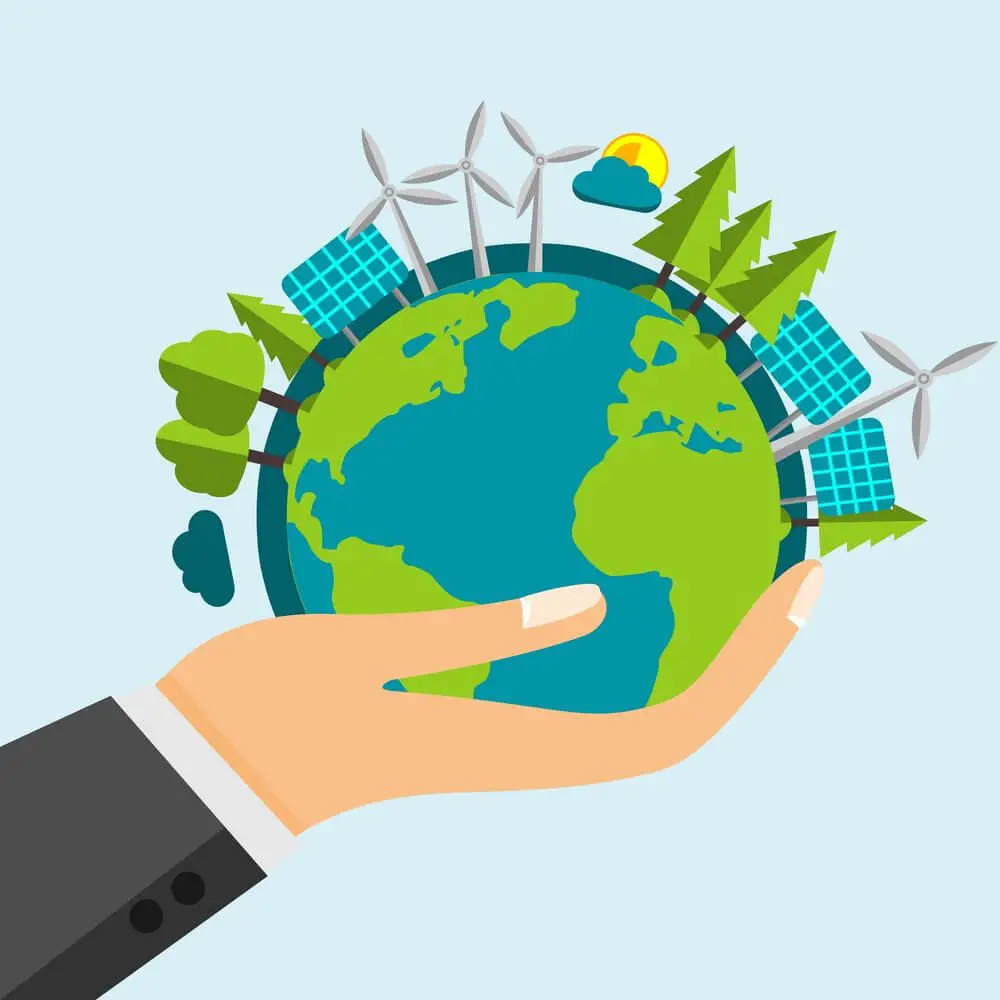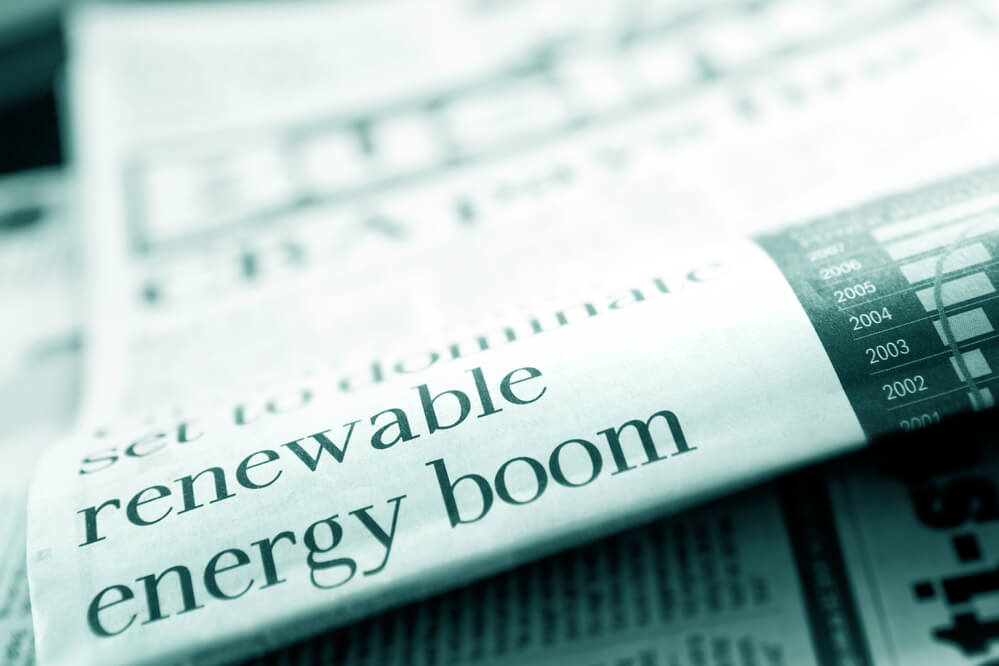As more and more information comes out about climate change, more terms and definitions are added.
This can make it difficult to keep up with the lingo and scientific knowledge as it comes out.
Two of the most basic terms to know include renewable energy and reusable energy, but what is the difference?
Simply put, renewable energy is an energy source that is naturally replenished on its own, which results in it not being depleted. Reusable energy, though often cited, is actually a bit of a misunderstanding.
Energy could not be reusable, which causes reusable energy to be a false term.
To learn more about the difference between these two terms, read on.
What Is the Difference Between Renewable and Reusable Energy?
- Renewable Energy: An energy source that is not depleted after it is used because the source itself is constantly renewed.
- Reusable Energy: Often misused for renewable energy; reusable energy does not exist, but reusable resources do exist.
Most of the time, when people say renewable energy and reusable energy, they are talking about the same thing.
In fact, these two terms are often used interchangeably, despite the fact that reusable energy is not a formal term or definition.
Nevertheless, the difference between these two terms depends primarily on your understanding of renewable and reusable.
On the one hand, renewable means that the energy source is constantly renewed or created.
Reusable, on the other hand, means something that has been created once and can be used for different purposes.
Although the difference is subtle, it is important. Once energy is used, it cannot be reused again.
As a result, there is no such thing as reusable energy.
However, energy sources can be renewed, which means renewable energy is a reliable and common source of energy.
Why the Terms Are Mistaken
Even though reusable energy is not a formal term, people use it all the time, and it makes sense why.
People often don’t understand basic environmental terms even though they use and hear them often.
As a result, many people confuse and conflate recycling terms with energy terms, such as renewable energy and reusable resources.
What Is Renewable Energy?
Now that we have learned about the differences between renewable and reusable energy, let’s take a closer look at what these two terms mean more specifically.
Renewable energy is the most obvious definition to understand in this context.
Simply put, renewable energy is an energy source that is constantly replenished.
For example, wind and solar power are great renewable energy sources because they are constantly being produced by our environment, which means the energy source isn’t diminished.
So, we can use solar panels to convert solar power into usable energy.
All the while, solar energy is still being put out into our environment, which means we will never run out of solar power to convert into usable energy in the future.
Examples of Renewable Energy
- Hydropower
- Geothermal power
- Solar power
- Wind power
- Tidal power
Renewable vs Nonrenewable Energy
When talking about renewable energy, it’s important to understand how it differs from nonrenewable energy.
Nonrenewable energy is energy that is gone once it has been used.
The gas you put in your car or coal are both two common examples of nonrenewable energy.
The issue with nonrenewable energy is that there is only a finite amount in the world.
Once gas and coal are gone, we will have to have some alternative form of energy to use to power our planet.
With every gallon of gas used, the worldwide content goes down.
Take these interesting facts:
- Based on current gas usage, the United States only has enough gas to power the country for 84 years.
- The Earth only has about 53 years’ worth of oil reserves left, as of 2019.
What Is Reusable Energy?
Once again, it’s important to understand that reusable energy is not a true definition.
Once power is converted to usable energy and that energy is used up, that power no longer exists in a way that it can be remade or repurposed into something else.
So, if you want to use the term reusable energy, you are most likely meaning renewable energy.
Why Is Energy Not Reusable?
In order to understand why reusable energy doesn’t exist, you have to understand how energy works.
It may be helpful to think of energy like money.
You can spend as much money as you want as long as you keep making money.
In this way, money is replenishable.
However, money is not reusable.
Once you spend your money, you get the item you purchased, but you cannot spend that same money again.
Instead, you will have to go work for more money to replenish your wallet and buy new items.
Energy is the same way.
The energy must be replenished if you want to use new energy.
Once you use that energy for your intended purpose, that energy is gone.
Unless you find a way to replenish the energy source, you are out of energy.
Examples of Reusable Resources
- Glass
- Metal
- Some plastic
- Some paper
The main reason why many people use the word reusable to describe renewable energy is that reusable is a word often used by climate scientists, though not in the context of energy.
Different resources can be reused, such as glass and metal.
Simply put, reusable resources are physical items that can be reused after their initial purpose.
For example, any item that is recycled is considered a reusable resource.
It can be broken down and turned into something else so that it can be used in the future.
Final Thoughts
In short, renewable energy and reusable energy are often used interchangeably but incorrectly.
Renewable energy refers to an energy source that is constantly replenished and never depleted once used.
In contrast, reusable energy seems to imply an energy source that can be reused, but no such energy source exists.
Most likely, people mistake these two terms because they conflate recyclable resources with renewable energy.
It is an understandable mistake, but it is one that should be corrected so that more people understand the nature of energy.






